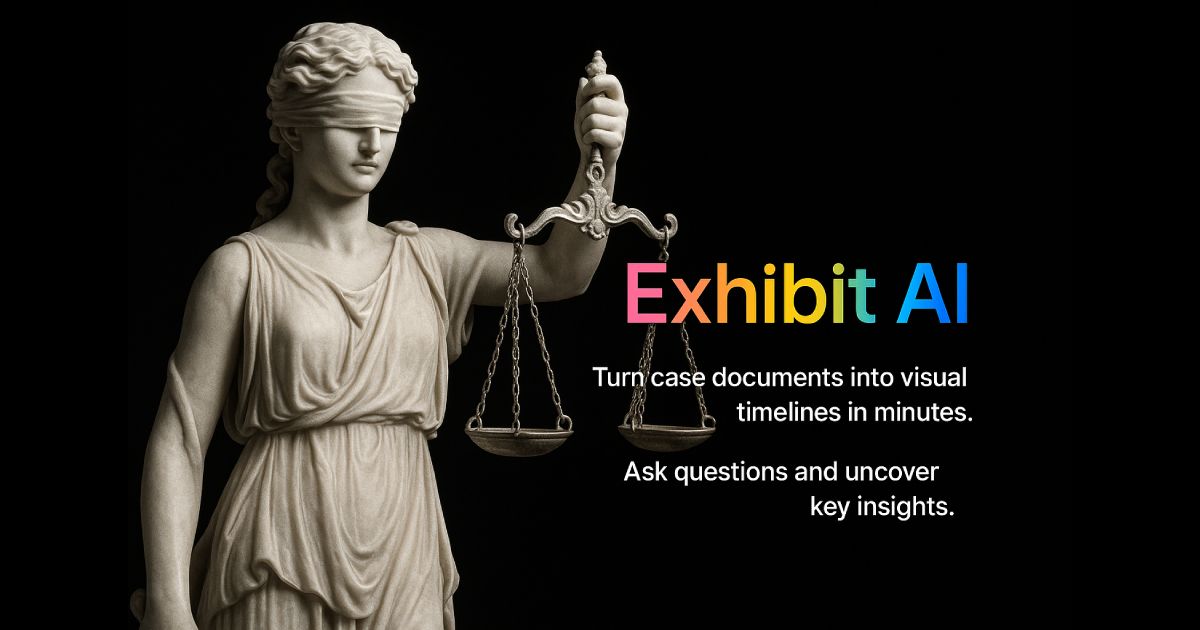
Exhibit AI – Visual Timelines from Legal Documents
Over the last few weeks, I’ve been working on something called Exhibit AI — an open-source tool designed to help lawyers and individuals involved in legal cases.
The idea is simple:
- You upload your case documents — PDFs, emails, Word files, images, spreadsheets, etc.
- The tool automatically extracts key events and builds a visual timeline.
- You can ask questions about the documents using AI and get quick insights or clarifications.
Naming it right
I initially called it Docket AI. It sounded right at the time — legal, formal, and techy. I reached out to a few lawyers both online and offline for early feedback. One kind stranger on the internet pointed out something important: "Docket" already has a very specific meaning in the legal world, and what I was building didn’t quite align with that.
Once I explained the tool’s purpose — organizing and visualizing exhibits (proof documents) — the word "Exhibit" felt much more accurate. So I renamed it Exhibit AI.
Why I'm building this
I’ve always been interested in how AI can simplify complex workflows. Legal cases, in particular, involve digging through a ton of information — dates, facts, cross-references — and I thought: what if we could make that easier to follow, both for lawyers and for people trying to understand their own cases?
I’m building this in public and keeping it open-source. There’s no monetisation plan for now. I just want to see how people use it, where it breaks, and whether it’s genuinely helpful.
What to expect next
I'll be documenting both sides of this journey:
- Non-technical/legal side: user feedback, workflow challenges, what lawyers and individuals actually need, and mistakes I make along the way.
- Technical/engineering side: architecture decisions, implementation details, AI challenges, and trade-offs during development.
If you're in the legal field — or just curious about the process — feel free to follow along. I’ll be sharing updates here, on LinkedIn and GitHub as things progress.